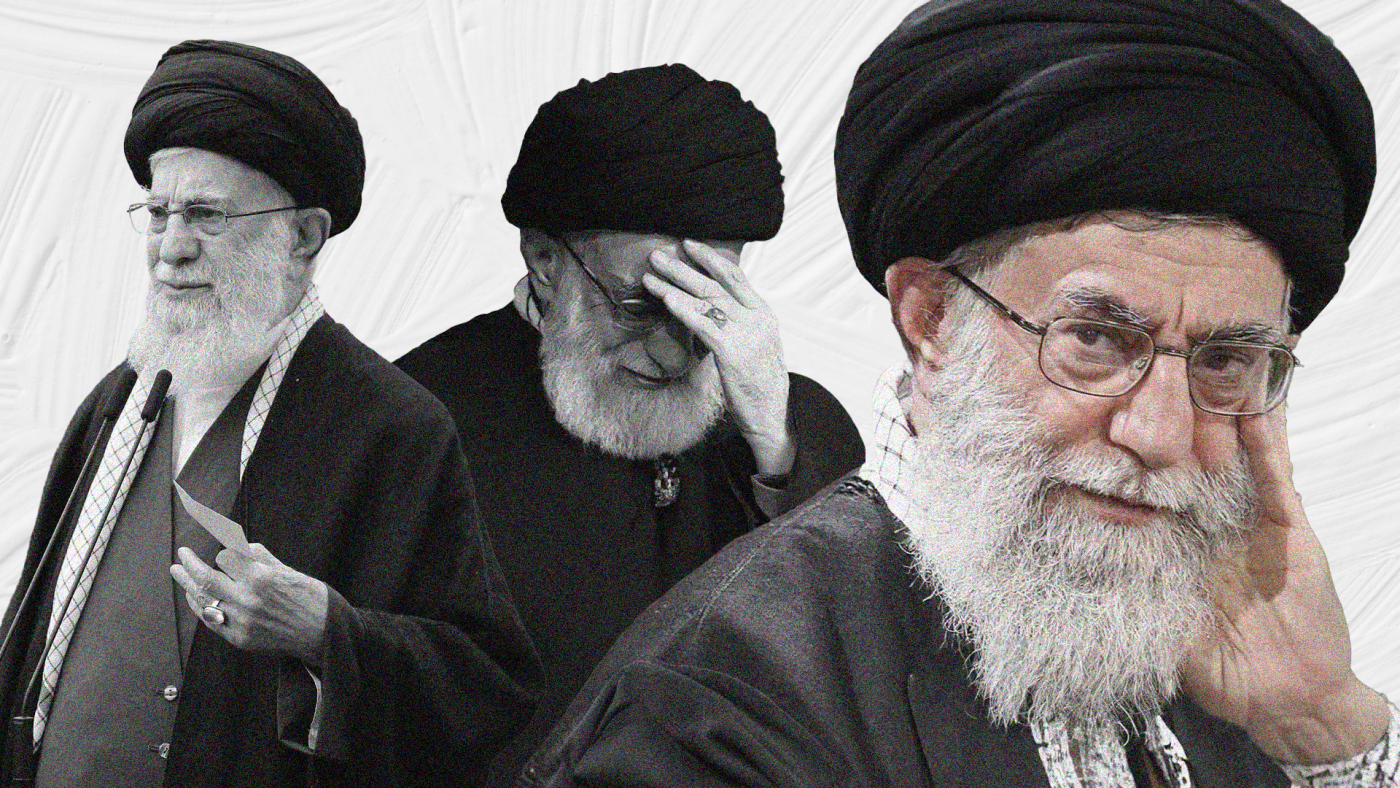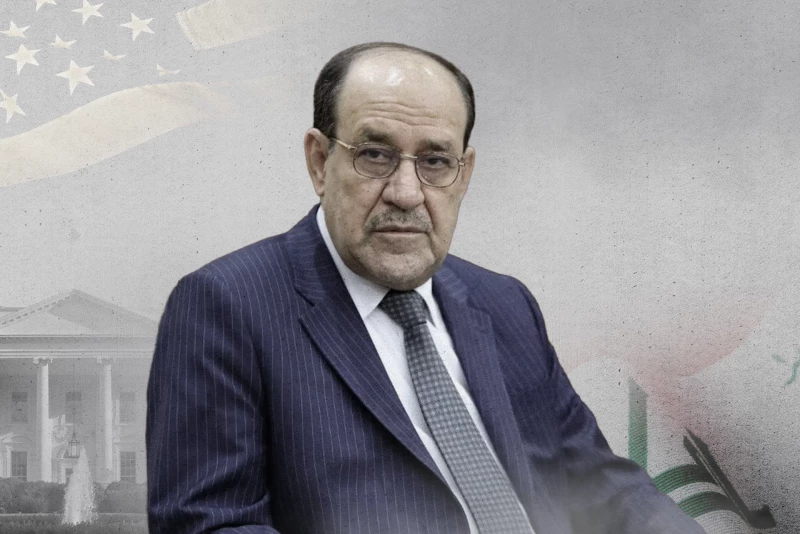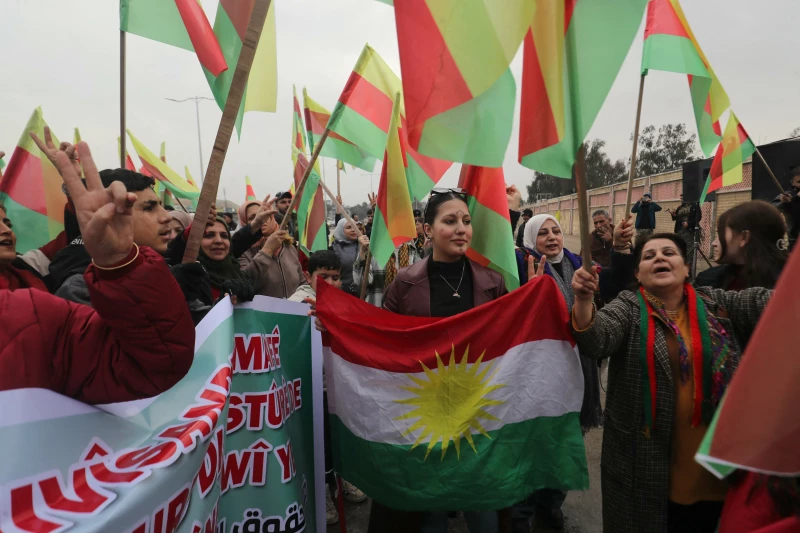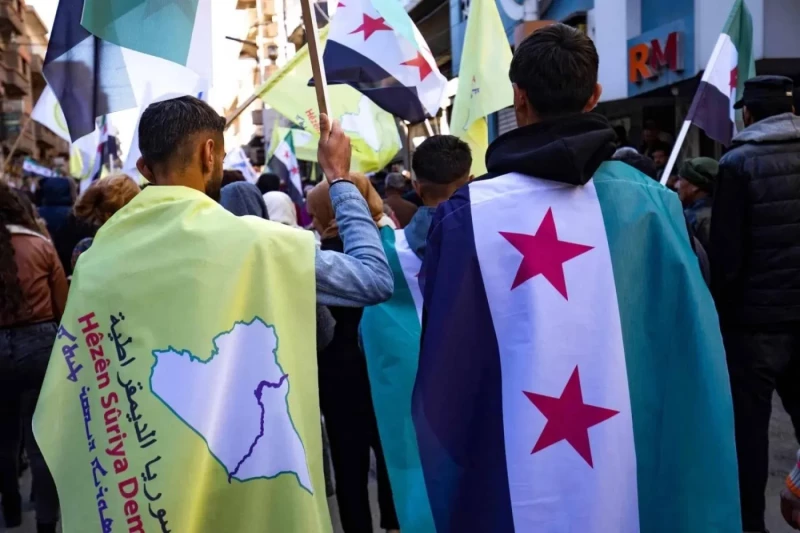Difficult decisions face the Iranian regime amid mounting apprehension over a potential Turkish military incursion into the Kurdistan Region of Iraq (KRI) and northern federal Iraqi territories. Iran fears that any Turkish operation will directly impact areas crucial to its interests in the KRI, northern Iraq and Syria, and is weighing options that would either mitigate or derail the operation's goals, as part of a broader effort to preserve its influence in Iraq over the long term.
Following Turkish President Recep Tayyip Erdoğan's visit to Iraq in late April, where he expressed Turkey's intention to conduct a military operation in northern Iraq this summer to target Kurdistan Workers' Party (PKK) elements and establish a buffer zone along the Iraq-Turkey border, Iran is monitoring any potential fallout. Given the regime’s strong ties with the PKK and the critical role of the safe land corridor linking Iran to Syria through northern Iraqi cities, Tehran is apprehensive about the operation's implications. Consequently, it has initiated discussions with Iraqi officials to better understand Iraq's position.
Following Erdoğan's visit to Iraq, Iranian Supreme National Security Council Secretary Ali Akbar Ahmadian held discussions with Iraqi National Security Advisor Qasim al-Araji on the sidelines of the twelfth meeting of senior officials responsible for security issues, convened in St. Petersburg, Russia, on April 24th. During the meeting, the Iranian delegation expressed concerns regarding the security implications of Erdoğan's visit, particularly his support for Iraq's designation of the PKK as a banned organization, alongside its affiliated factions. This stance underscores Iran's opposition to any military operation by Ankara against the PKK et al.
Iran will be closely monitoring the impending operations, apparently slated to begin in July. Its concerns extend beyond its influence in northern Iraq to encompass eastern Syria as well. The proliferation of armed Kurdish groups, notably the PKK, along both sides of the Iraqi-Syrian northern border, has provided Iran with a strategic foothold in recent years. Particularly, along the strategic corridor stretching from Sinjar and Rabia to Deir ez-Zor, Iran fears the prospect of losing its influence.
Senior Turkish political and military figures continue to discuss the scale of the military operation. Success hinges on the level of cooperation extended by the governments of Baghdad and Erbil. During his visit to Baghdad last March, Turkish Defense Minister Hulusi Akar laid out several potential scenarios for Iraq regarding the impending military action. They range from Turkey directing a ground operation in collaboration with the governments of Baghdad and Erbil, or Baghdad and Erbil spearheading the operation with Turkey providing aerial and intelligence support. Iraq has chosen not to respond to the speculation, as yet.
At a recent meeting of the Turkish National Security Council, chaired by Erdoğan earlier this month, contingency strategies were deliberated in the event of Iraq's refusal to join the operation. It appearsTurkey would be inclined to proceed with the operation independently, while seeking implicit consent from the Iraqi government and garnering political backing from the Kurdistan Regional Government (KRG).
Iran's drive to solidify its grip on Sinjar
Iran has diligently cultivated ties with the PKK since the 1990s, especially during the party's establishment of military bases in northern Syria. Through the Assad regime, Iran provided military and logistical backing to the PKK. Qasem Soleimani, the former commander of the Quds Force, oversaw the establishment of multiple military bases for the PKK in the Qandil Mountains, spanning the Iraqi-Turkish-Iranian border triangle. Iran aimed to utilize the party as leverage against Turkey, perceiving Turkey as a tool of American containment against Iran. This effort was part of Iran's strategic partnership with Israel since 1996.
Iran continues to assist expansion of PKI infrastructure across northern Iraq and the KRI, notably following the liberation of Sinjar from ISIS control in November 2015. This effort included allowing PKK members to establish bases within Sinjar and its surrounding areas. Iran also played a role in the establishment of multiple military bases in Kirkuk, as well as in Tuz Khurmatu and Amirli.
These initiatives were facilitated through the Quds Force's Ramadan headquarters in Kermanshah, located on the Iraqi-Iranian border, or through armed militias associated with Iraq’s Popular Mobilization Forces (PMF). Following an agreement in October 2020 to normalize the situation in Sinjar between the governments of Baghdad and Erbil, which mandated the removal of PKK elements from the city center and its outskirts, around 1,800 PKK fighters joined the Sinjar Resistance Units (YBŞ), an armed Yezidi faction aligned with the PMF, with salaries provided by the Iraqi government.
Iran also extended its support to various Yezidi militias in Sinjar, such as the Ahrar Sinjar and others, by strengthening its security and economic presence in the city. This assistance took different forms, including integrating these militias into the PMF or coordinating their actions with both the PMF and the PKK along the Iraqi-Syrian border.
The pivotal moment occurred with the visit of Brigadier General Reber Azidai, the Yezidi militias' liaison officer in the Quds Force, to Sinjar following the agreement between the governments of Baghdad and Erbil. This visit resulted in an agreement for the PKK to withdraw its members from Sinjar's center, close numerous headquarters and economic offices, and allow its members to join Yezidi militias affiliated with the PMF.
Iran's efforts to assert control over northern Iraq's geography have solidified a cornerstone of its current national security strategy. Tehran acknowledges that the strategic corridor spanning from Aleppo, Mosul, to Qasr-e Shirin acts as a vital barrier to counter Turkish regional aspirations, aimed at southern expansion. There's no room for complacency in anticipating Turkey's return via military avenues, whether through the establishment of military installations in northern Iraq or by disrupting Iran's passage along the Iraqi-Syrian border. This concern is heightened by the substantial presence of Iranian-backed Iraqi militias poised to safeguard it.
It's evident that one of Turkey's key political aims in Nineveh Province, particularly in Sinjar, Makhmur, and other areas where the PKK operates, is to fully secure the Iraqi-Turkish border. This involves initiating a new phase symbolized by the inauguration of the Ovakoy-Fishkhabur-Tal Afar-Mosul border crossing, which extends southward to Baghdad and even Basra as part of the "Development Road'' initiative. This move amplifies Baghdad's influence in this geographical stretch and bolsters Turkey's economic and intelligence foothold within it.
The transfer of the PKK's presence in northern Iraq from Iraqi government control to the hands of the Iranian Revolutionary Guard's intelligence has complicated Iraqi-Turkish relations. This complexity is underscored by Iran's allies in Iraq rebuffing Prime Minister Mohammed Shiaa Al-Sudani's attempts to shutter the party's camps near Mosul and Kirkuk, efforts pivotal to Turkey. Additionally, the evolving dynamics in the Syrian theater, particularly in the northern regions where Turkey seeks to expand its influence beyond Aleppo, and Iran's bid for access to the Mediterranean Sea, converge strategically. This convergence may reverberate in Sinjar, a geographic reality Turkey may deem imperative to surmount expeditiously.
Iranian maneuvers to counter the military operation
The strategic significance of Nineveh Province has prompted Iran to place considerable political importance on the region. This stems from Iran's ambition to directly oversee both its political and military activities in the area, as well as to influence the deployment strategies of armed militias in Mosul and surrounding areas. Moreover, Iran coordinates the functions of economic entities there to mitigate the impact of US sanctions.
By securing control over the geographical corridor connecting the Nineveh Plains to places like Tal Afar and Sinjar, Iran aims for total dominance over the entire border region stretching from Kermanshah in Iran to the Mediterranean Sea via Syria.
Tehran's strategy, pursued in recent years, seeks to ensure unimpeded movement while distancing itself from Turkish competition and threats from the US and Israel. The majority of Iranian military logistics and communication routes passing through the Anbar Desert, whether pre-existing or newly established covert pathways utilized by Iraqi factions like Hezbollah, Asa'ib Ahl al-Haq, and the Al-Nujaba Movement, have elevated the strategic importance of areas such as the Nineveh Plains and its extensions, particularly Sinjar, in Iran's broader regional agenda.
Against this backdrop, the recent visit of KRI President Nechervan Barzani to Tehran earlier this month was characterized by in-depth discussions regarding the security implications that emerged on the agenda of President Erdogan's visit to Erbil. Iran, particularly its Revolutionary Guard, showed keen interest in gauging Erbil's position regarding the Turkish military operation and assessing any potential ramifications on Iran and its allies resulting from this operation.
These coordinated Iranian endeavors arise from genuine apprehensions regarding the security and economic advantages previously afforded to Iran by the PKK. In terms of security, the PKK facilitated smooth passage for Iran along the Iraqi-Syrian border, serving as a pivotal instrument for Iranian influence against the KRI, particularly the Kurdistan Democratic Party, which maintains favorable ties with Ankara. Economically, areas like Sinjar and the Kurdish-led Autonomous Administration of North and East Syria) grant Iran access to trade routes, via legitimate (or black) markets. These benefits, which Iran fears losing, underscore the significance of its ongoing efforts.
In essence, Iran perceives Turkey's recent overtures towards Iraq as a part of Ankara's exploitation of the prevailing regional dynamics. These dynamics encompass Iran and its allies being engrossed in the Gaza conflict, alongside mounting pressure from the United States and Israel on Iran. This scenario has presented Turkey with an opportunity to optimize the dividends of its foreign policy, not solely towards Iraq but also by encompassing more regional stakeholders within this paradigm. This was evident from the involvement of the Qatari Minister of Transportation and the Emirati Minister of Infrastructure in the ceremonial signing of a strategic framework agreement, marking the commencement of the "Development Road" project. This occurred on the sidelines of Erdogan's recent visit to Baghdad.
Anticipated in the days ahead is heightened pressure from Iran. Reports indicate a forthcoming visit by Iranian President Ebrahim Raisi to Iraq, where agreements on security and economics are expected to be signed with Baghdad, with the aim of countering Turkey's influence. Iran perceives the need to preemptively contain the aftermath of Erdogan's recent visit to Iraq, to forestall any substantial challenges to its influence in Iraq in the near future.



 Facebook
Facebook
 LinkedIn
LinkedIn
 Telegram
Telegram
 X
X


